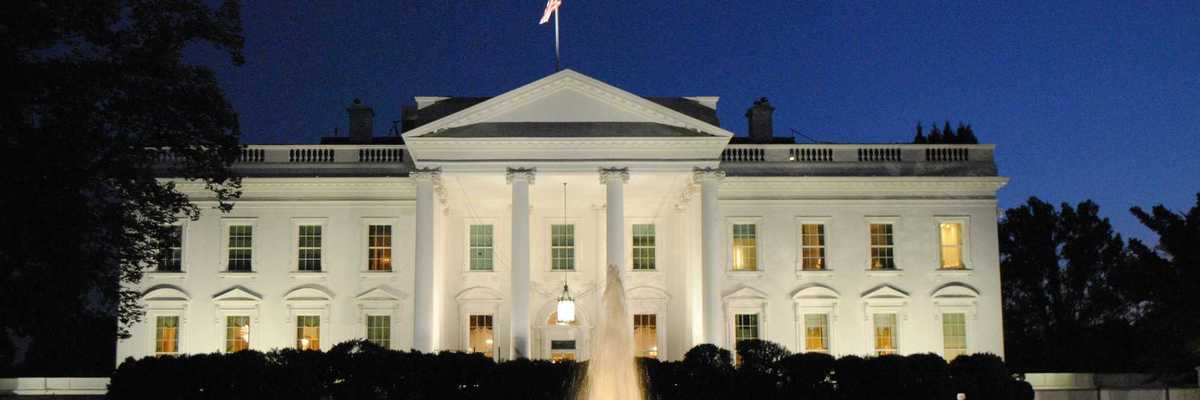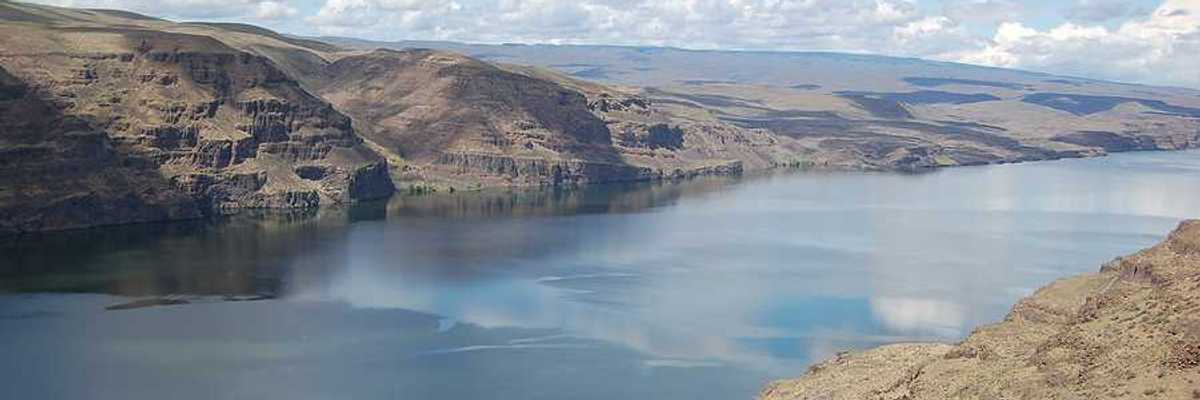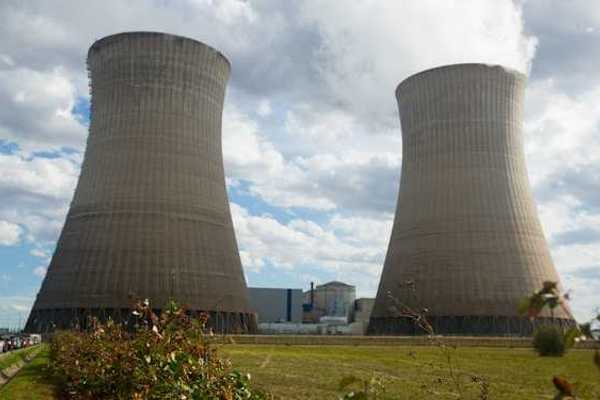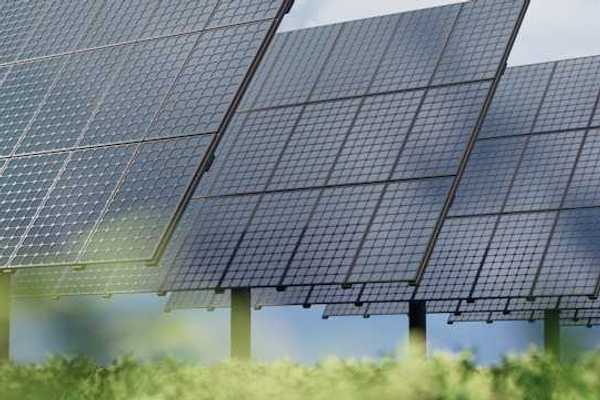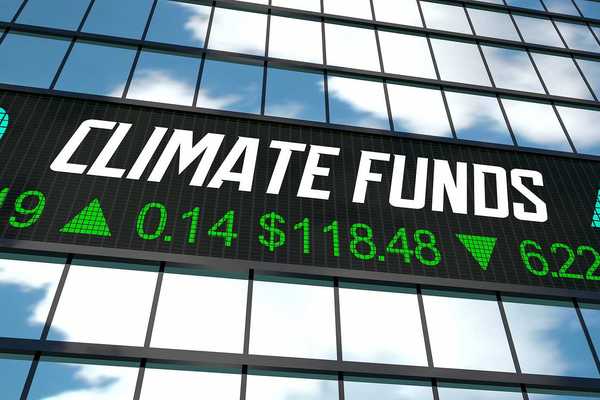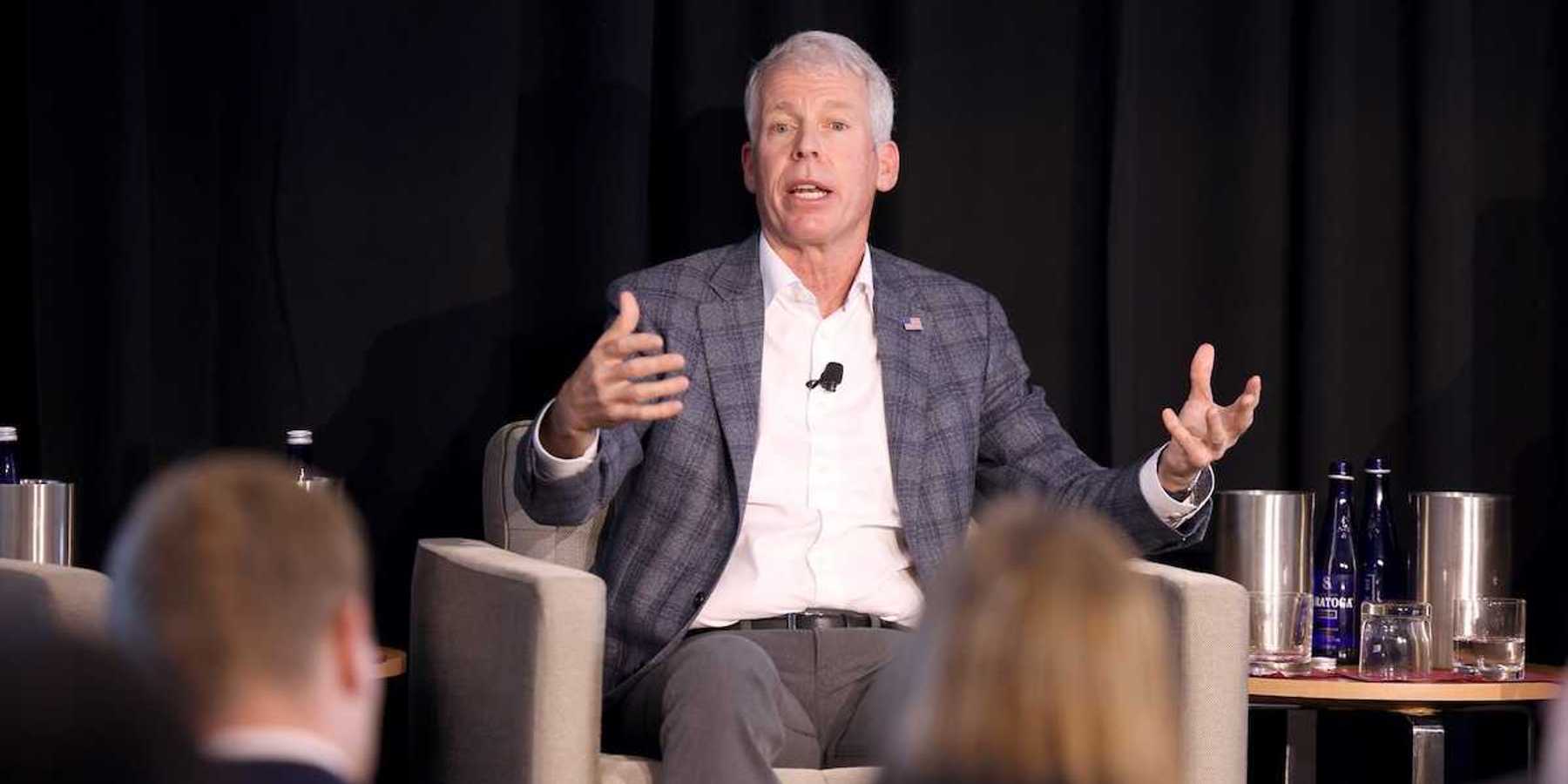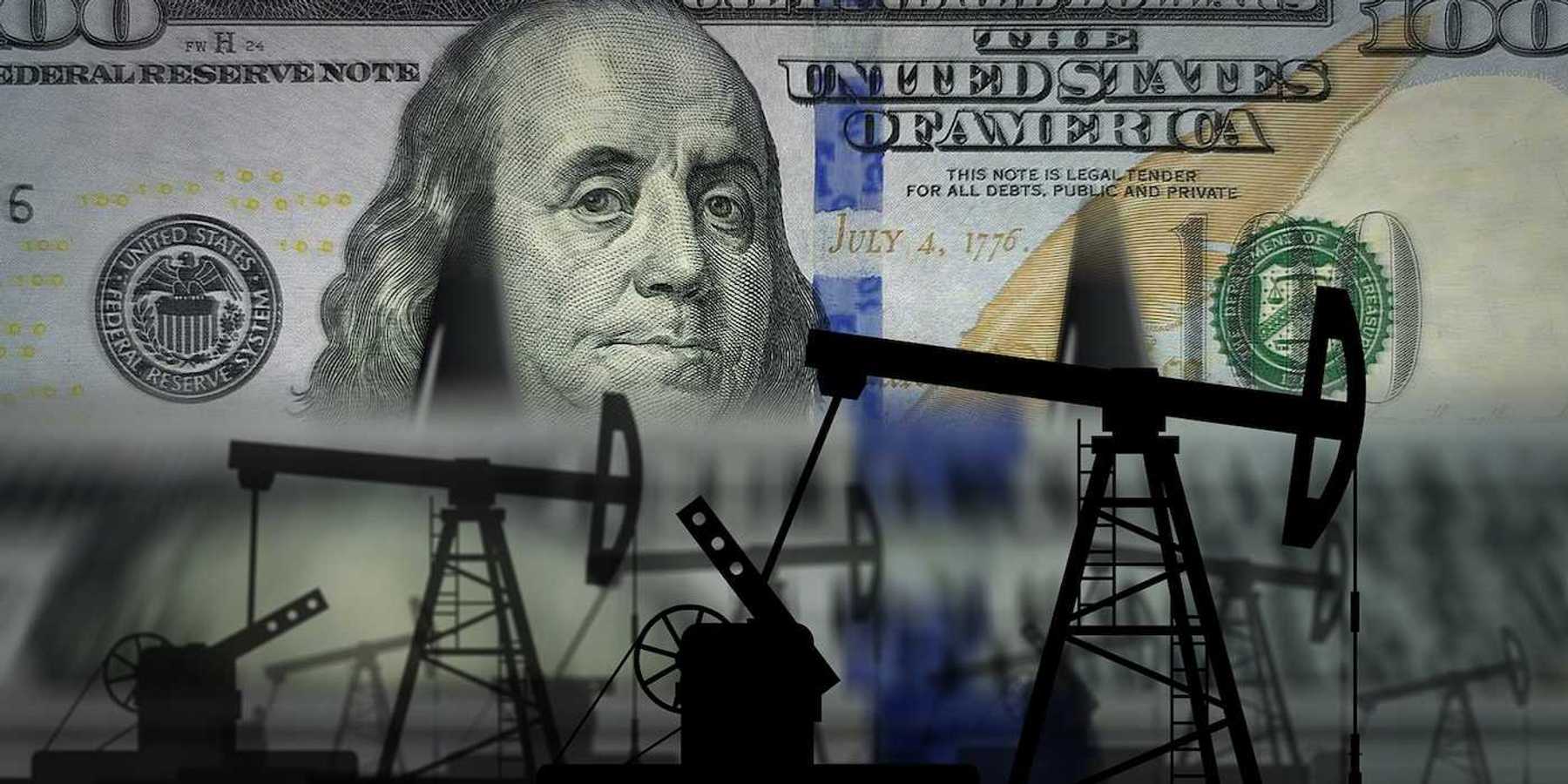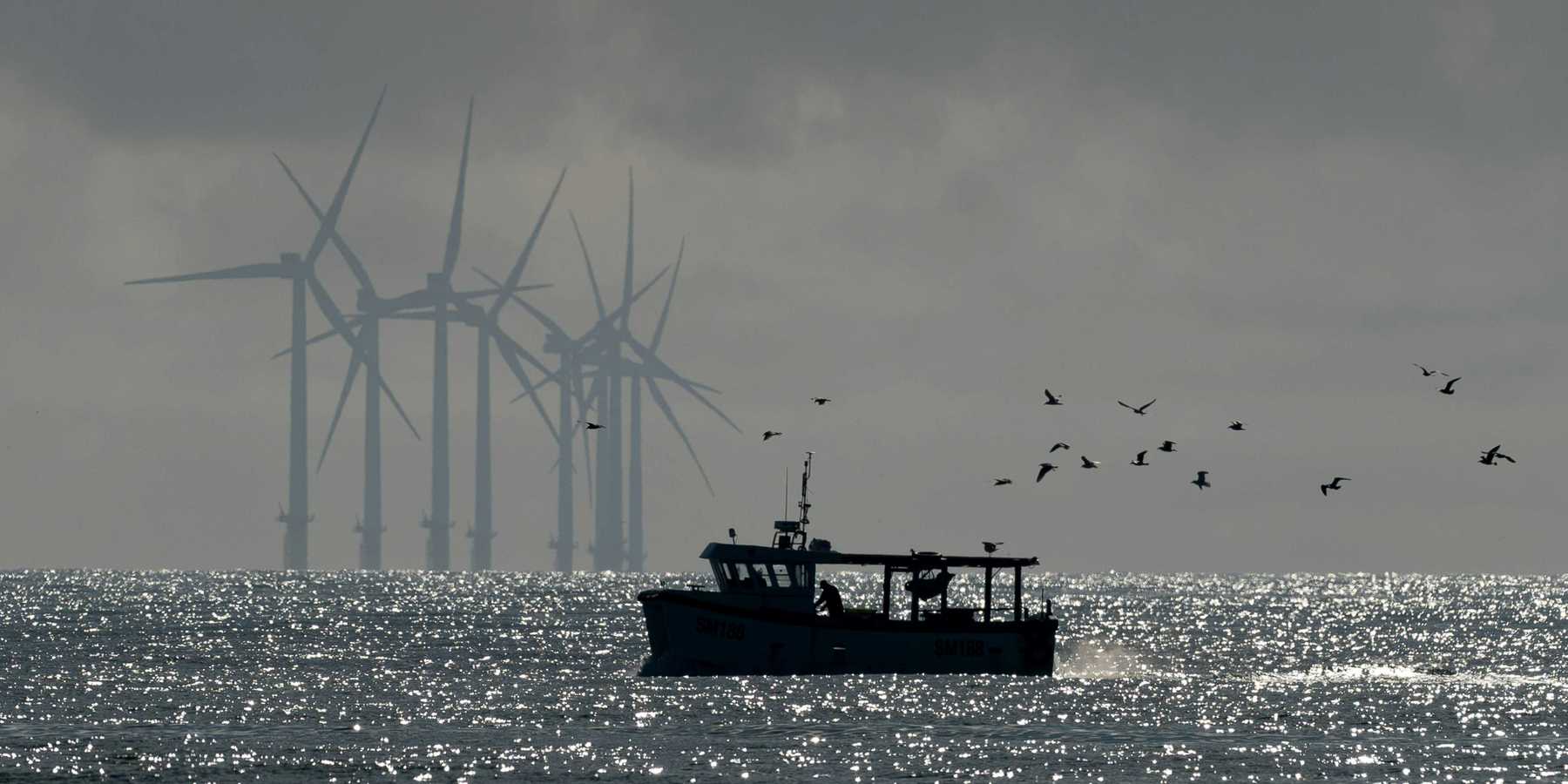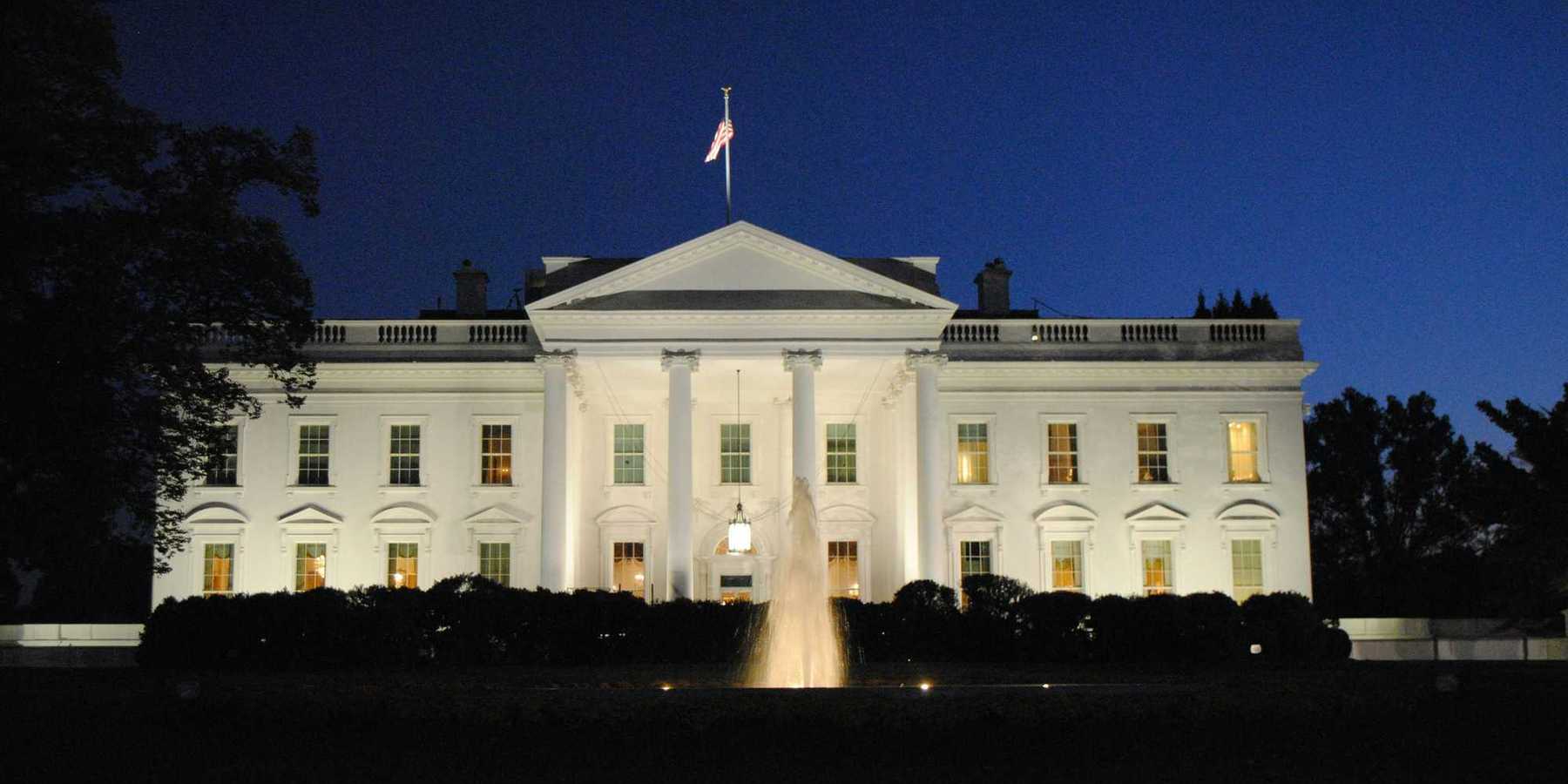climate change
Trump administration plans to roll back mileage standards for heavy pickup trucks and vans
In the letter, National Highway Traffic Safety Administration (NHTSA) Administrator Jonathan Morrison said the administration would propose to roll back the standards, which were tightened under the Biden administration.
Power district says its Omaha coal plant poses no ‘significant’ health threat. That’s misleading, experts say
Omaha Public Power District leaders cited a health study to claim their North Omaha, Nebraska coal plant poses no significant risk, but public health and environmental experts say the assessment was narrowly focused and mischaracterized.
Virginia bill to boost local approvals of solar projects advances
A bill that would set up a framework for siting solar projects that localities could follow and that prohibits the premature rejection of solar infrastructure development has passed the Virginia Senate.
Shortages of new aircraft, fuel put emissions goal at risk, IATA's Walsh says
The head of a body representing global airlines says shortages of efficient new aircraft and alternative fuels are pushing up profits for suppliers and putting at risk the industry's flagship emissions goal.
A startup falsely blamed for triggering floods pitches cloud seeding to lawmakers
A startup dogged by conspiracy theories is trying to change the way Washington views technologies that coax snowflakes from the clouds, one Metro station at a time.
Coral diversity drops as ocean acidifies
Trump’s pick to lead the Federal Reserve could steer bank away from climate change
The fight over control of the Federal Reserve has revolved around interest rates and inflation, but President Donald Trump’s choice to be the bank’s next chair could sway how the agency assesses climate risks, too.


